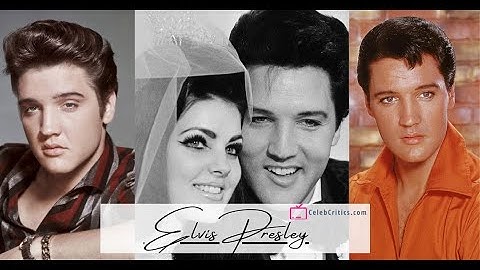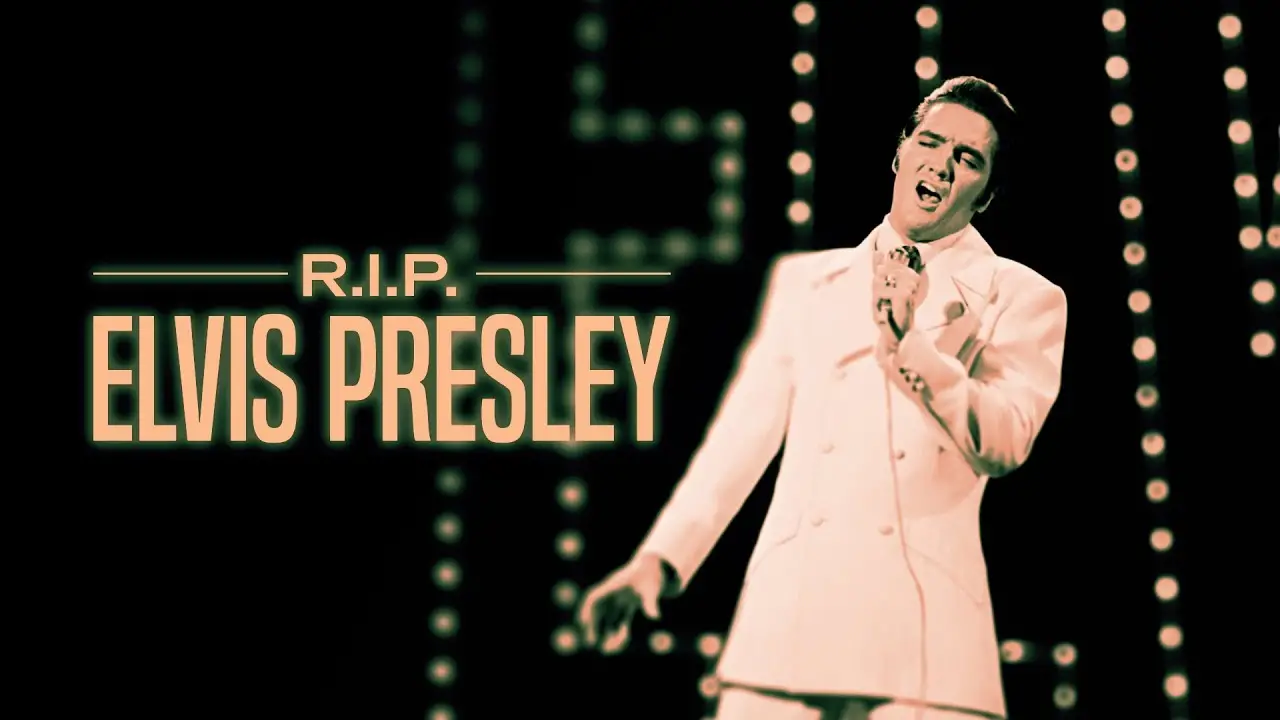Elvis Presley: The Legend Lives On

Elvis the story of the rock and roll king, often referred to as the “King of Rock and Roll,” was a cultural icon who revolutionized the music industry. With his smooth vocals, provocative dance moves, and good looks, he captured the hearts of millions and left a lasting impact on the world of music. From humble beginnings in Tupelo, Mississippi, to becoming a global sensation, Elvis’ journey is nothing short of remarkable. In this blog post, we will explore the life and legacy of the rock and roll king, Elvis Presley.
Early Life and Musical Beginnings
Born on January 8, 1935, Elvis Aaron Presley was the only child of Gladys and Vernon Presley. Growing up in a working-class family in Tupelo, Elvis had a close relationship with his parents, especially his mother. It was Gladys who first introduced him to music, singing hymns and gospel songs at their local church.
At the age of 10, Elvis received his first guitar as a birthday gift from his mother. He quickly became obsessed with music and spent hours practicing and perfecting his craft. As a teenager, Elvis moved to Memphis, Tennessee, where he continued to pursue his passion for music. He worked odd jobs while also recording demos at Sun Studio, hoping to catch the attention of record executives.
In 1954, Elvis finally got his big break when he recorded his first single, “That’s All Right.” The song became an instant hit and marked the beginning of his rise to fame. With his unique blend of country, blues, and rockabilly, Elvis’ music appealed to people of all ages and backgrounds. His performances were electrifying, and his charismatic stage presence captured the hearts of his fans.
Paul Harvey and Elvis Presley: The Untold Story
Influences and Style
Elvis’ musical style was heavily influenced by African American artists such as Chuck Berry, Little Richard, and Fats Domino. He was also inspired by gospel and blues music, which he had grown up listening to. Elvis combined these different genres to create his own unique sound, which would later be known as rock and roll.
Apart from his musical influences, Elvis’ style also set him apart from other artists of his time. With his slicked-back hair, tight-fitting pants, and flashy stage outfits, he brought a new level of sex appeal to the music industry. His signature dance moves, including the infamous hip thrust, also caused quite a stir among audiences. Elvis’ style and image were just as important as his music in shaping his success as an artist.
Rise to Fame
After the success of his first single, Elvis continued to record hit after hit, such as “Heartbreak Hotel,” “Hound Dog,” and “Jailhouse Rock.” His records sold millions of copies, and he quickly became a sensation not only in the United States but also around the world. In 1956, Elvis made his television debut on The Ed Sullivan Show, and his performance was watched by over 60 million viewers. This appearance solidified his status as a cultural icon and propelled him to super-stardom.
Controversy and Criticism
As Elvis’ popularity grew, so did the controversy surrounding him. Many critics viewed his music and performances as too provocative and labeled him as a bad influence on young people. His suggestive dance moves and rebellious image were seen as a threat to traditional values and morals. Despite this backlash, Elvis continued to push boundaries and break records.
In 1958, Elvis was drafted into the army and served for two years. This hiatus from music allowed him to mature as an artist and explore different musical styles. He also met his future wife, Priscilla Beaulieu, during this time. They married in 1967 and had one child together, Lisa Marie Presley.
Comeback and Las Vegas Residency
After his return from the army, Elvis faced a decline in record sales and popularity. However, in 1968, he made a triumphant comeback with his television special, “Elvis,” which showcased his talent and charisma. The special was a success, and it reignited interest in Elvis’ music and career.
In 1969, Elvis began his famous Las Vegas residency at the International Hotel, which would later be renamed the Las Vegas Hilton. He performed over 600 shows in Las Vegas, attracting thousands of fans from all over the world. His performances were extravagant, featuring elaborate costumes, lights, and stage sets. The Las Vegas residency became a staple in Elvis’ career and helped him regain his status as one of the biggest stars in the music industry.
Legacy and Impact
Elvis Presley’s impact on music and popular culture cannot be overstated. He paved the way for future musicians and influenced a wide range of genres, from rock and roll to country to hip hop. His legacy continues to live on today, over four decades after his passing. In fact, according to Forbes, Elvis is the top-earning deceased celebrity, with an estimated $23 million in earnings in 2020 alone.
Music and Awards
Throughout his career, Elvis recorded over 600 songs and sold over 1 billion records worldwide. He had numerous number-one hits, including “Suspicious Minds,” “Burning Love,” and “In the Ghetto.” He also received numerous awards and accolades, including three Grammy Awards and the Grammy Lifetime Achievement Award. In addition, Elvis was inducted into multiple halls of fame, including the Rock and Roll Hall of Fame, Country Music Hall of Fame, and Gospel Music Hall of Fame.
Pop Culture Influence
Elvis’ influence extends beyond music and has had a significant impact on popular culture. His image and style have been imitated by countless artists, and he continues to be a fashion icon to this day. His home, Graceland, has become a popular tourist attraction, with over 600,000 visitors annually. In addition, Elvis’ movies, such as “Jailhouse Rock” and “Blue Hawaii,” are still watched and loved by fans all over the world.
Charity Work
Apart from his music career, Elvis was also known for his philanthropy and charitable work. He often donated money to various charities and organizations, including St. Jude Children’s Research Hospital and the American Cancer Society. He also performed benefit concerts and raised awareness for important causes.
The Tragic End
Despite his success and fame, Elvis’ personal life was plagued with struggles and tragedy. He battled with drug addiction, and his health deteriorated in the late 1970s. On August 16, 1977, Elvis was found unresponsive in his bathroom at Graceland and was pronounced dead at the age of 42. The cause of his death was ruled as cardiac arrest due to drug use.
Elvis’ death shocked the world, and fans mourned the loss of their beloved idol. Today, fans from all over the world continue to visit his grave at Graceland to pay tribute to the rock and roll king.
Conclusion
In conclusion, Elvis Presley will always be remembered as one of the most influential and iconic figures in music history. His impact on music and popular culture continues to live on, and his legacy remains an inspiration for future generations of artists. From his humble beginnings in Tupelo to his rise to superstardom, Elvis’ story is a testament to hard work, perseverance, and talent. As his famous song goes, “the legend lives on.”





